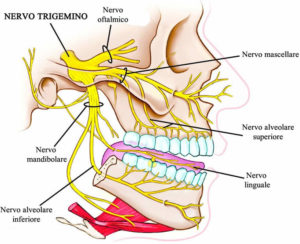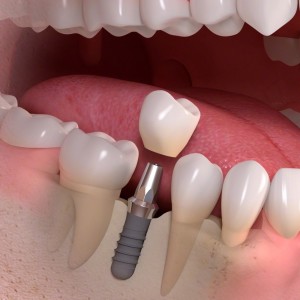In patients with Parkinson’s disease, with the progression of the disease, dysphagia is frequent, ie a dysfunction of the digestive system that makes swallowing difficult.
Parkinson’s disease and dysphagia
 A preventive assessment of swallowing can help in the diagnosis of dysphagia which can occur in more or less severe forms. The dysfunction affects the palate and tongue in their contact action to transfer the chewed food into the esophagus.
A preventive assessment of swallowing can help in the diagnosis of dysphagia which can occur in more or less severe forms. The dysfunction affects the palate and tongue in their contact action to transfer the chewed food into the esophagus.
For patients suffering from Parkinson’s disease dysphagia could cause suffocation during swallowing, for this reason we try to investigate the pathophysiology of the disease and in particular the motor function of the tongue.
There is not always a correlation between the worsening of Parkinson’s disease and the worsening of dysphagia, the latter in fact can occur even when the disease is not at an advanced stage.
Dentistry: diagnosis of dysphagia and Parkinson’s disease
A recent study, published last June in the Journal of Oral Rehabilitation, released data from research conducted at the Osaka University Hospital on swallowing tongue motility in patients suffering from Parkinson’s disease.
30 patients were examined with an average age of 69 years, divided into 14 men and 16 women, suffering from Parkinson’s disease between II-IV according to the Hoehn and Yahr classification.
To measure tongue motor skills, pressure was measured against the hard palate, using a sheet with five points of detection, during the swallowing of 5 milliliters of water.
The information collected by examining the contact points of the sensor sheet were compared with those collected from healthy patients. This information was then added to interviews with patients for the collection of subjective data on the difficulty of swallowing.
Analysis of the results
Examination of all the data collected showed that in patients with Parkinson’s disease the pressure of the tongue is much weaker than that of healthy patients. Swallowing for this reason becomes fragmentary, the tongue does not act correctly and moves abnormally.
Clinical implications
From the clinical point of view, monitoring and measuring tongue pressure and its functioning during the swallowing phase can be useful to have an early diagnosis of dysphagia in patients with Parkinson’s disease.
Diagnosis which in turn can be useful to evaluate drug therapies and to better address rehabilitation treatments.
















